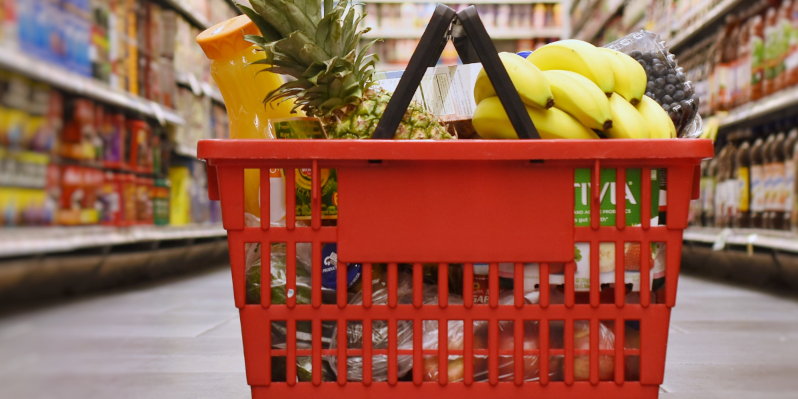In This Section
Global food and beverage sector faces intense uncertainty - major new report

A major new report which examines the global food & beverage sector is launched today in University College Cork (UCC). The report which was prepared by University College Cork (UCC), AIB, Goodbody, KPMG and A&L Goodbody includes data collected from a recent survey of food and beverage executives and from recent consumer trends data.
Key Insights from the Latest Food & Beverage Sector Report:
- The global food and beverage sector faces intense uncertainty from tariff threats, weak consumer sentiment amid inflation and cost-of-living pressures. Regulatory shifts in the EU and US, input price volatility, and labour shortages linked to immigration policies also contribute to the instability.
- Despite these challenges, most Irish food and beverage executives remain optimistic, with over half expecting growth in their businesses this year by focusing on a defensive strategy: cost-cutting and doubling down on sales in existing markets, though contractions are expected in the US and China.
- Tariffs top the list of risks facing the sector, with over 50% of executives anticipating marginal losses from US tariffs and nearly 40% expecting significant but manageable impacts.
- Food inflation and cost pressures persist, driving consumers to prioritise price and quality over origin or sustainability, often buying fewer items and seeking out promotions.
- Consumer support for sustainability remains strong, but the willingness to pay a premium is limited. Interest in alternative proteins is cooling, and the EU sustainability regulatory momentum is slowing. Despite this, investment in sustainability by food and beverage companies continues, driven by ESG and board-level commitments.
- Gen Z is beginning to comprise a larger proportion of consumers with buying power, so product digital integration is becoming crucial, as consumers rely on detailed product information and digital experiences to make purchasing decisions.
- Anti-obesity medications are poised to disrupt the sector, potentially cutting US calorie demand by 10% by 2030. High-calorie and ultra-processed foods face the greatest threat, with opportunities emerging for new nutrient-dense food products. Irish executives remain undecided on the medical development, seeing it as neither a significant threat nor an opportunity.
- AI is seen as a major opportunity for the food and beverage sector, with over 80% of executives planning investments within the year, expected returns focus mainly on cost reduction rather than new product development.
The report is led by Professor Thia Hennessy of UCC and outlines the key factors shaping investment in the sector and is launched today (Wednesday 21st May) at the fourth annual Food and Beverage Finance Summit at UCC.
“In a landscape marked by volatility and evolving consumer priorities, resilience and strategic agility will be essential for food and beverage companies. While challenges like tariffs and inflation test the sector, innovation in sustainability and AI, with over 80% of executives planning AI investments, offer a path forward. Success will depend on balancing cost efficiency with targeted investment” states Professor Hennessy.
The Food and Beverage Finance Summit at UCC is sponsored and held jointly by UCC, AIB, Goodbody, KPMG and A&L Goodbody.
